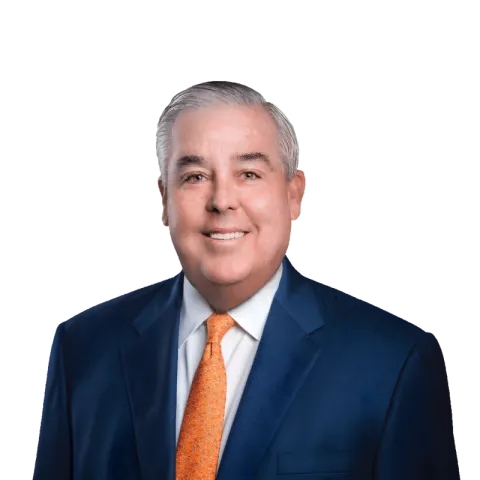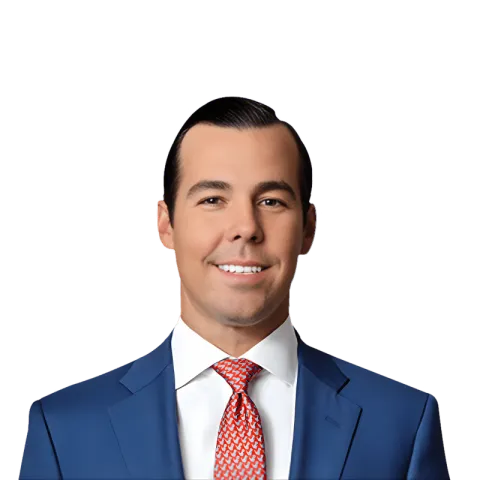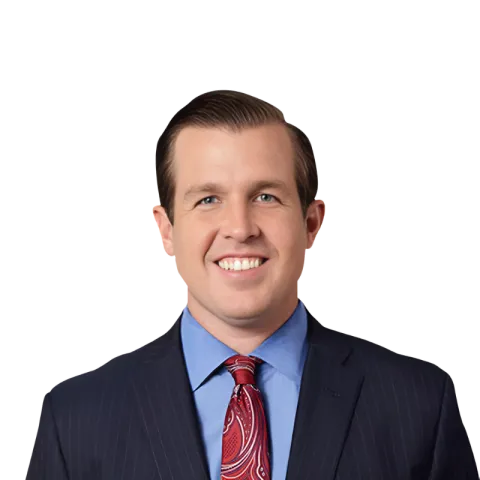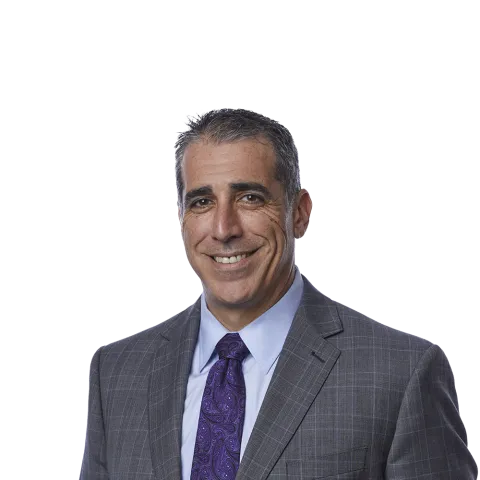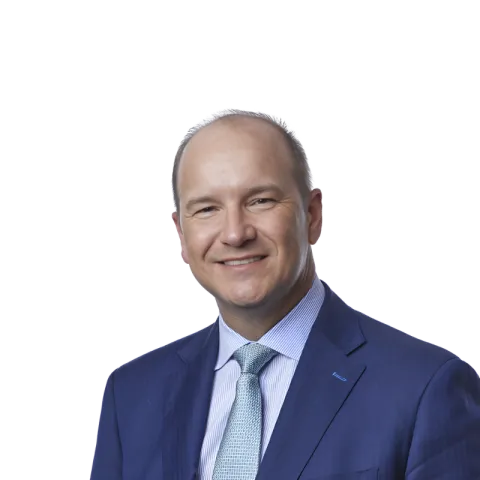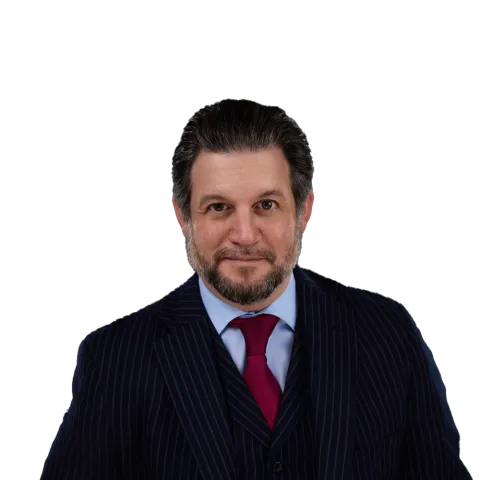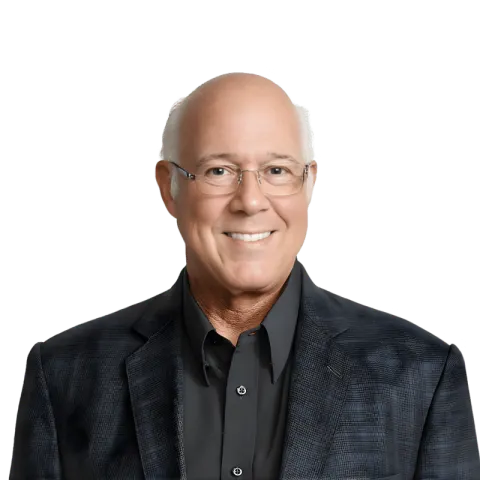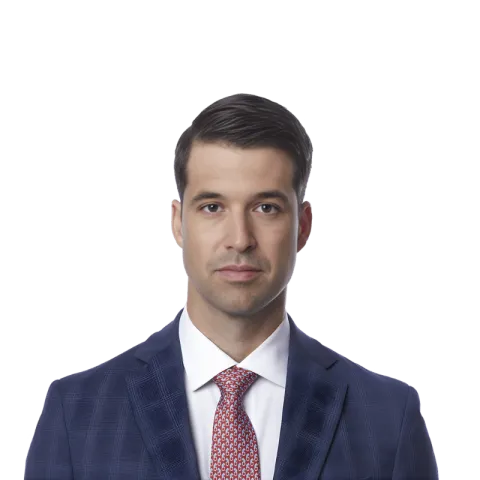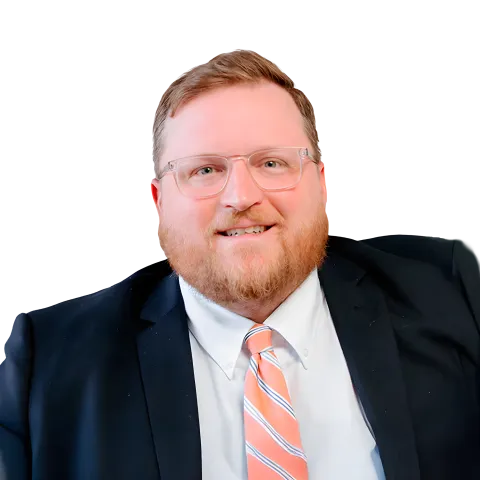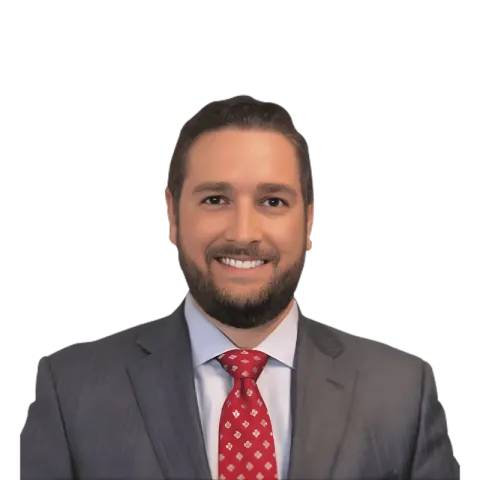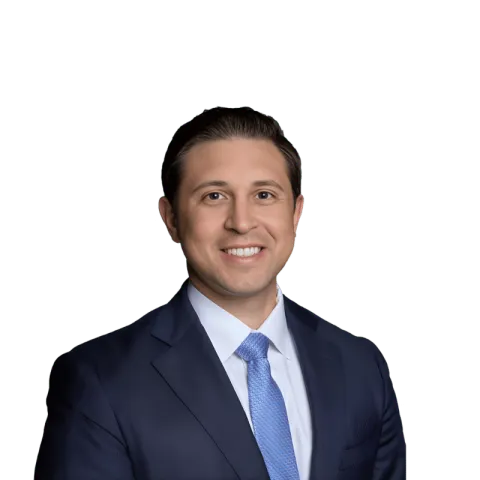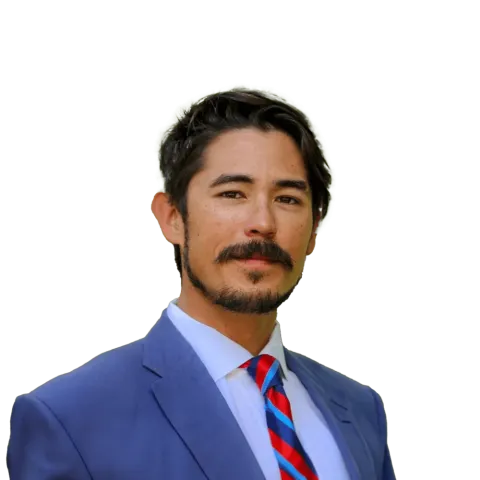Results may vary depending on your particular facts and legal circumstances. The attorney featured above is licensed in Florida. For a full list of attorneys in your state please visit our attorney page.
ORLANDO WORKERS' COMPENSATION ATTORNEY
Work injuries can turn life upside down. We fight for injured workers to access the medical care and wage support they’re entitled to.
Results may vary depending on your particular facts and legal circumstances. The attorney featured above is licensed in Florida. For a full list of attorneys in your state please visit our attorney page.
Orlando Workers’ Compensation Attorneys Protecting Injured Employees
Workplace injuries can be physically, emotionally, and financially devastating. From construction accidents to slip-and-fall incidents, employees who are hurt on the job often face mounting medical bills, lost wages, and uncertainty about their future. Navigating Florida’s workers’ compensation system can be complex, and insurance companies may try to minimize or deny your claim.
If you’ve been injured at work in Orlando, you may be entitled to benefits that cover medical expenses, rehabilitation, and lost income. An experienced Orlando workers’ compensation attorney can guide you through the claims process, advocate for your rights, and help ensure you receive the benefits you deserve.
Schedule a free, no-obligation case evaluation today. Let the skilled workers’ compensation lawyers at Morgan & Morgan fight on your behalf and hold negligent employers accountable.
150,000+ Five Star Reviews
The reasons why clients trust Morgan & Morgan.
Results may vary depending on your particular facts and legal circumstances. Based on select nationwide reviews.
Who Can Receive Workers’ Compensation Benefits?
Anyone classified as an employee by an employer may receive workers’ compensation benefits after experiencing injuries on the job. Full-time workers and part-time employees both qualify. It doesn’t matter if you’re a minor or a foreign worker employed by a U.S. employer — you can receive workers’ compensation for your injuries.
People who don’t qualify for workers’ compensation include independent contractors, volunteers, day laborers, or domestic workers employed by private individuals.
However, sometimes employers will voluntarily purchase workers’ compensation plans for these types of workers. You may be eligible for compensation if your employer has a voluntary program and your injuries occur at work.
Employers with four or fewer employees do not need to carry Florida workers’ comp plans, except in specific industries.
Can I See the Doctor of My Choice to Obtain Workers’ Compensation?
For workers’ compensation purposes, you must follow the rules of your employer’s workers’ compensation insurance provider. Some insurance providers allow employees to choose from a list of doctors they approve, while others designate a specific doctor you must see to get benefits.
You’ll need to follow all the requirements laid out by the workers’ compensation insurance provider to obtain benefits.
What Are the Most Common Types of Workplace Injuries?
Workplace injuries vary, depending on the role an employee has. For example, someone performing a job that requires regular lifting and exposure to heavy equipment may be more likely to experience broken bones, back injuries, or crushing wounds.
Similarly, an office worker may be subject to repetitive use injuries, like carpal tunnel syndrome or tendonitis.
That’s not to say workers can’t suffer from various injuries despite their regular job duties. An office worker could easily slip and fall on a slick bathroom floor, resulting in a traumatic brain injury or broken bone.
Some of the more typical workplace injuries include:
- Concussion or other traumatic brain injury (TBI)
- Illness from exposure to asbestos or toxic mold
- Burn injuries
- Broken bones
- Sprains and strains
- Tendon damage/tendonitis
- Heart damage from electrocution
- Crushing injuries
- Repetitive use injuries
- Cuts and lacerations
If your injury occurred at work, workers’ compensation insurance would likely cover it. You should be able to receive full coverage of medical expenses related to your treatment through your employer’s plan.
Why Should I Hire a Workers’ Compensation Attorney?
Workers’ compensation is primarily handled by the employee, employer, the workers’ compensation provider, and physicians. However, there are certain situations when you’ll need the assistance of a workers’ compensation lawyer. A few include:
- You disagree with the treatment given by the workers’ compensation doctors
- You want to settle a workers’ compensation claim
- Your employer takes adverse action against you for filing a claim
- The payment to replace your wages during the workers’ comp period is incorrect
- The workers’ compensation insurance provider denies your claim
You may also choose to see a workers’ compensation attorney if you simply want assistance filing your claim and ensuring that you provide the requisite details.
How Long Will My Workers’ Compensation Benefits Last?
If you have a temporary total disability (TTD), the maximum time you can receive workers’ compensation benefits is two years. During that time, you’ll need to regularly visit the workers’ comp physician so they can assess your condition. Once the physician determines you have recovered enough to return to work, your benefits will end.
If you are considered permanently disabled, you’ll receive benefits until your disability no longer prevents you from working. You may receive benefits until the age of 62 if you are eligible to collect Social Security. Otherwise, your benefits will end at age 75.
Just like in a TTD case, a physician will continually reassess your condition if you are permanently disabled. If a doctor determines that you can return to work, your disability benefits will cease.
What Happens if the Workers’ Compensation Insurance Provider Denies My Benefits Claim?
Florida has a system designed to manage workers’ compensation denials and disputes.
You’ll need to contact your local Orlando Employee Assistance Office (EAO) to appeal a denied claim. Once they receive your information, the EAO will attempt to resolve your claim with the workers’ compensation insurance provider. If they are successful, you’ll begin to receive your benefits.
However, if the EAO cannot resolve your dispute, you’ll need to file a Petition for Benefits. The Office of Judges of Compensation Claims will set up a hearing with you, your employer, an agent of the workers’ comp provider, and your attorney.
The hearing will involve a mediator, who will attempt to handle negotiations between you and the workers’ comp provider. If you can reach a successful settlement, your case will resolve.
However, if mediation does not work, the Office of Judges of Compensation Claims will set up a workers’ comp hearing. The hearing is a trial where both sides present their cases with evidence. The judge will decide on the case. If the decision is not favorable to you, you may file an appeal with the First District Court of Appeal.
If your claim proceeds past the initial meeting with the EAO, you’ll want the assistance of a skilled workers’ compensation lawyer. Attorneys at Morgan & Morgan can provide you with the representation you need.
Our Results
How It Works
Unsure what to do next? With 35 years of experience, our personal
injury lawyers will guide you every step of the way.
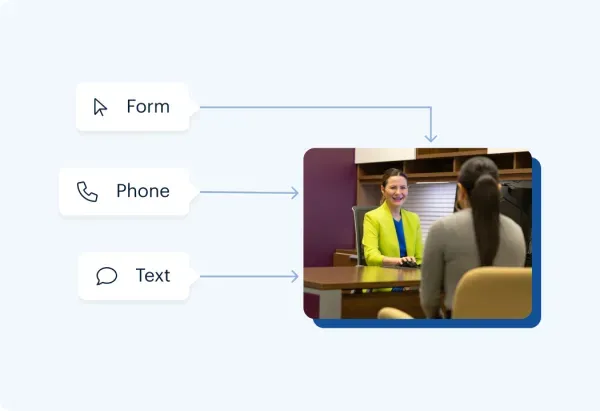
Contact Us 24/7 - It’s Free
Start your claim
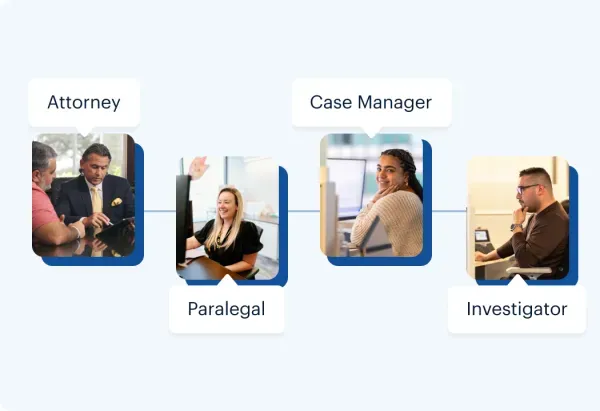
Meet your dedicated attorney
Meet the attorneys
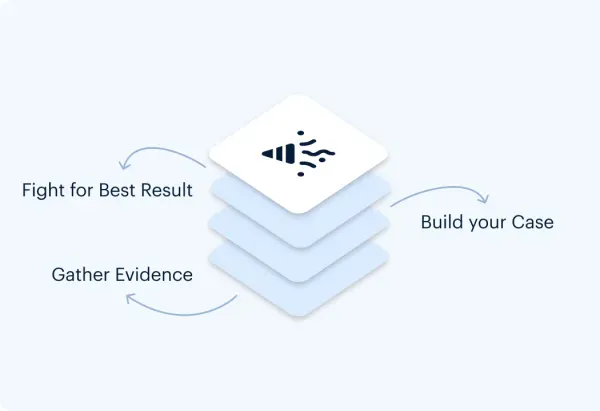
We fight for more
Learn more about the case process
Results may vary depending on your particular facts and legal circumstances. The attorneys shown in these photos may not be licensed in your state. To find an attorney licensed in your area, please visit our attorney page.
Local Care
Backed by America’s Largest Injury Law Firm.
$30 Billion
Recovered for clients
nationwide700,000+
Clients and families
served1,000+
Attorneys across
the country1
Click may change your life
The attorney featured above is licensed in Florida. For a full list of attorneys in your state please visit our attorney page.
Results may vary depending on your particular facts and legal circumstances.
Learn More
Injured and not sure what to do next?
We'll guide you through everything you need to know.

